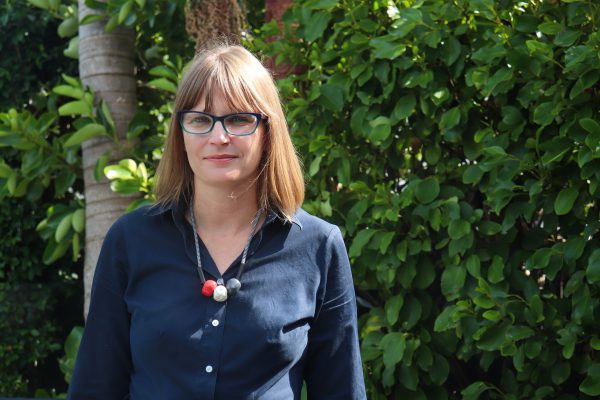The New Zealand Society of Authors (PEN NZ Inc.), established in 1934, is the principal organisation for New Zealand authors.
Referencing Part 3, Clause 20 of the Films, Videos, and Publications Classification Act 1993 the Chief Censor can be satisfied that our organisation, our members and New Zealand authors will be affected by the classification of Into The River and therefore we meet the criteria for making a submission.
Article 19 from the Universal Declaration of Human Rights, to which New Zealand is a signatory, states everyone has the right to freedom of opinion and expression; this right shall include freedom to seek, receive and impart information and ideas of all kinds, regardless of frontiers, either orally, in writing or in print, in the form of art, or through any other media of his choice.
We are a member of PEN International which promotes literature and freedom of expression.
The written word aims to promote ideas and it is through sharing these ideas that bridges of understanding are created between people. These bridges cross political, geographical, ethnic, cultural, religious and other divides.
Ted Dawe is not “inventing possibilities” for the people who read his book, he is weaving events that actually happen (swearing, sexual activity, paedophilia and drug use) into a story. Banning the book does not stop these events from happening and withholding information about experience because that experience is judged as unpleasant or undesirable does not make it go away. Reading about this subject matter allows the individual, whether teen or adult, to understand issues in a context separate from their personal experience and to sort out, even clarify their own values.
There seems to be a sensationalist view that access to the material in Ted Dawe’s book will somehow damage young people; however it can equally be argued that knowledge of risks and issues allows young people to protect themselves from threats and the very real risks that exist in the society they are moving into. The material included in the book is not gratuitous, but serves a purpose to the narrative and to the health of our wider society. It is delivered within the context of a much larger story about alienation, racism and loss of identity.




